Dry nettle - 100 grams
Dried nettle for use in herbal teas or decoctions in agriculture or viticulture.
The initial batches of nettles come from wild harvesting in Switzerland; once the stock is depleted, subsequent orders will be supplied from French and then European nettles.
We offer dried nettle, as far as possible certified organic and sometimes Demeter, for use in herbal teas or decoctions in organic and biodynamic agriculture & viticulture.
Nettle
Nettle thrives in rich yet unstructured soils, often in chaotic or neglected areas, thus playing a role in environmental organization. Preferring cool and humid environments, it particularly flourishes in areas where livestock enrich the soil with organic matter.
Using Nettle in Viticulture
Discover the virtues of nettle tea, a regulator and stimulant of plant growth, ideal in viticulture. This preparation offers moderate preventive effects against mildew on vines. However, for optimal protection, it is advisable to mix it with copper-based products and sulfur, thus reducing the usual doses of these products.
Nettle, rich in nutrients, promotes photosynthesis and plant growth through its easily assimilated compounds. It also acts as a purifier by eliminating waste and strengthens cell walls with its silica. However, late application may create a favorable environment for fungal diseases. The amino acids it contains attract beneficial organisms and activate the plant's defenses against pests.
Recommended Dosage and Preparation Advice
100 g/ha of dried nettle or between 800 g and 1 kg of fresh nettle (if harvested yourself).
To prepare Nettle tea, put the nettle in rainwater or non-chlorinated water and heat it until it simmers, then remove from heat and let it infuse for between 30 minutes and a few hours. After filtration, you can dilute it in the volume of water intended to be spread over 1 hectare.
Nettle tea is often used in conjunction with copper and sulfur, allowing their dosages to be limited.
It is also possible to use it in the form of nettle purin, the properties of which are explained here : Fermented nettle extract

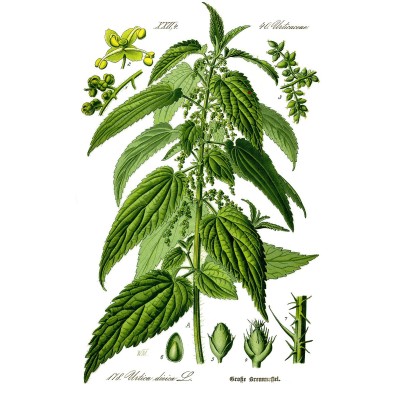

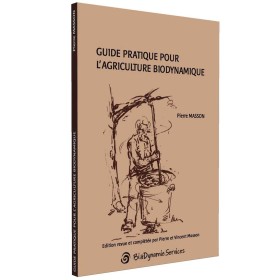
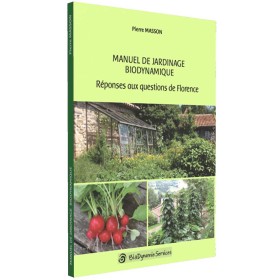
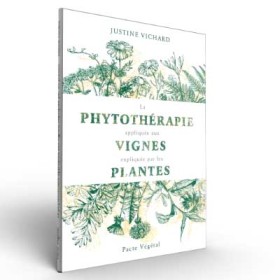
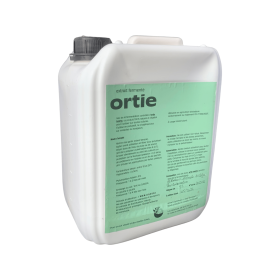
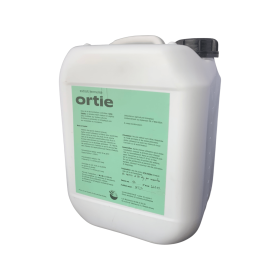
feedback Report comment